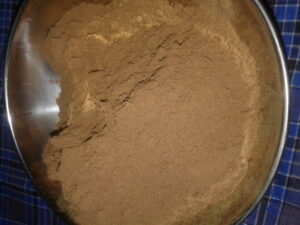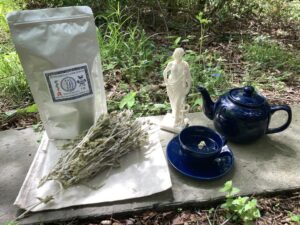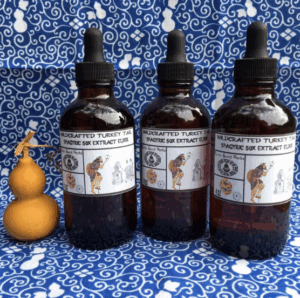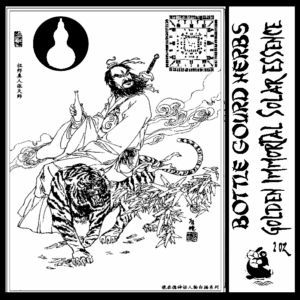Ethnomedical Uses: Jatobá’s bark has an ancient history of use with the indigenous tribes of the rainforest. With its long history of indigenous use, it would follow that jatobá has a long history of use in herbal medicine systems throughout South America. It was first recorded in Brazilian herbal medicine in 1930. The bark was recommended for diarrhea, dysentery, general fatigue, intestinal gas, dyspepsia, hematuria, bladder problems, and hemoptysis (coughing blood from the lungs) and also recommended for all types of upper respiratory and cardiopulmonary problems. In the mid-1960s an alcohol bark extract called Vinho de Jatobá was widely sold throughout Brazil as a tonic and fortificant, for energy, and for numerous other disorders and today still being sold throughout Brazil and macerated with Brazilian rum and several kinds of medicinal herbs, known in Brazil as “garrafada”.
Properties/Actions Documented by Research: anti-inflammatory, antibacterial, anticandidal, antifungal, hepatoprotective (liver protector), molluscicidal (kills snails).
Cautions: Jatobá leaves have been documented to have a hypoglycemic effect and, as such, should be used under practitioner supervision by diabetics.*
*The above statements have not been evaluated by the Food and Drug administration. This product is not intended to diagnose, treat, cure, or prevent any disease.





 Adding...
Adding...